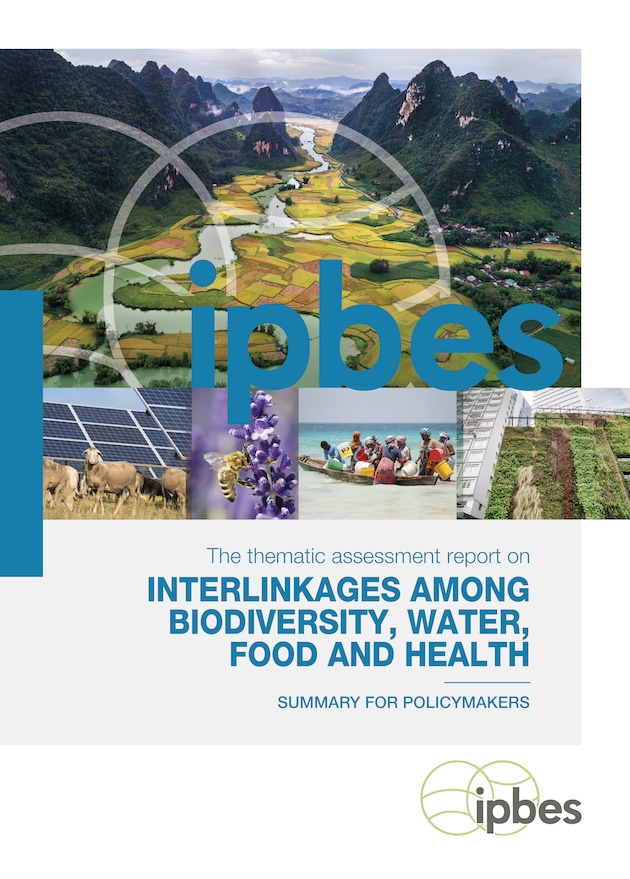WINDHOEK & BULAWAYO, Dec 17 (IPS) – Biological diversity is on the decline worldwide, and current approaches to address its loss have been piecemeal and ineffective in tackling the crisis facing nature—this is despite estimates that over half of global GDP (USD 58 trillion of economic activity in 2023) is generated in sectors that are moderately to highly dependent on nature, a new report by the Intergovernmental Platform on Biodiversity and Ecosystem Services (IPBES) finds.
The Thematic Assessment Report on the Interlinkages Among Biodiversity, Water, Food, and Health—known as the Nexus Report—finds that biodiversity, water, food, health, and climate change are connected crises.
Recognizing and leveraging the connections between biodiversity, water, food, health, and climate change is the way to go about solving the crises, says the report approved at the 11th session of the IPBES Plenary being held in Namibia this week.
IPBES is a global science-policy body providing science evidence to decision-makers for people and nature.
The report, a product of three years of work by 165 leading international experts from 57 countries, finds that existing actions to address these crises fail to tackle the complexity of interlinked problems and result in inconsistent governance.

Integrated Solutions Needed
Paula Harrison (United Kingdom), co-chair of the assessment with Prof. Pamela McElwee (USA), highlighted that policymakers should decide and act beyond single-issue silos.
“Our current approaches to dealing with these crises have tended to be fragmented or siloed, and that’s led to inefficiencies and has often been counterproductive,” she says.
…




